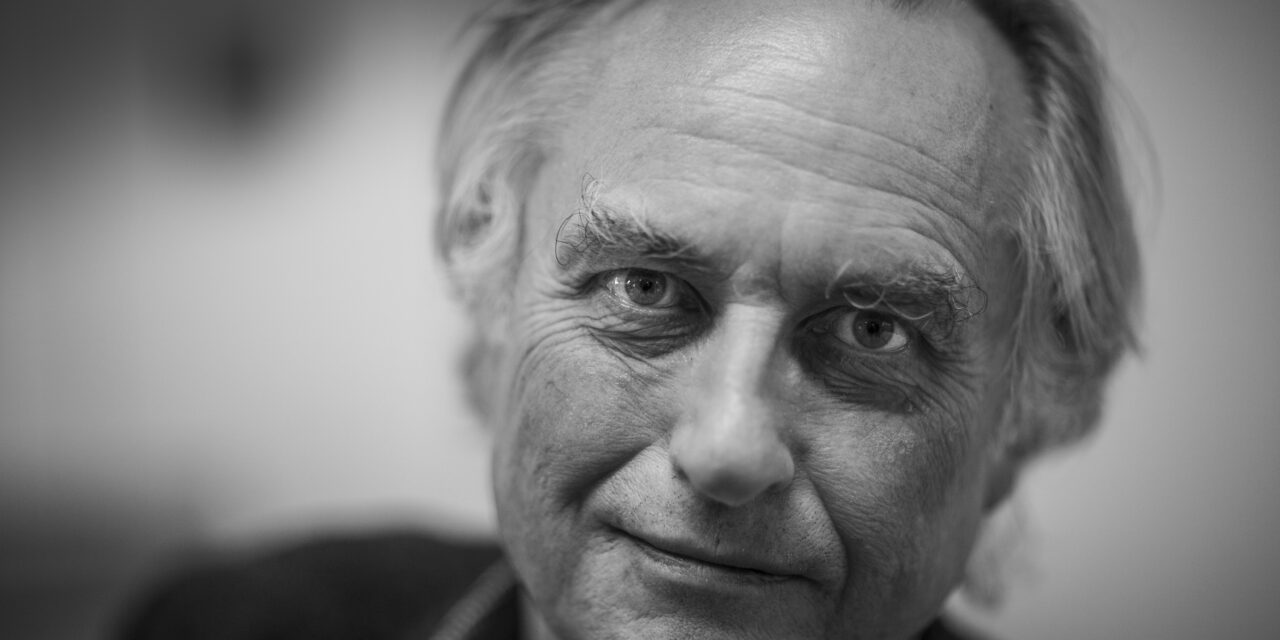Richard Dawkins, the widely quoted evolutionary biologist from Oxford and an avowed atheist, raised eyebrows last week when he told a reporter he much prefers living in a Christian country rather than a Muslim one.
“I call myself a cultural Christian,” Hawkins told Rachel Johnson of LBC News in the United Kingdom. “I’m not a believer, but there’s a distinction between being a believing Christian and being a cultural Christian. I love hymns and Christmas carols, and I sort of feel at home in the Christian ethos … We [Great Britain] are a ‘Christian country’ in that sense.”
He continued:
“If I had to choose between Christianity and Islam, I’d choose Christianity every single time. It seems to me to be a fundamentally decent religion in a way that I think Islam is not.”
At first glance, Richard Dawkins’ comments might be qualified as something of a backhanded compliment to Christianity. But when pressed about Christians in certain states in America who support the protection of pre-born life, Dawkins’ friendliness to the faith cooled considerably.
“Well, you didn’t ask me about Christianity in America,” he replied. “That’s a different matter entirely.”
Bible-believing Christians simultaneously find Dawkins’ comments nonsensical and immediately identifiable.
That’s because the United States and the world are jammed with people who share Dawkins’ sentiments.
Nearly 75% of Americans say they believe in God, but upwards of just 30% of them go to church.
Cultural Christianity isn’t a new phenomenon, of course. Once Christianity became mainstream, many saw it as something of a calling card to acceptance and even success. The term “Country Club Churches” derives from the existence of people who attend and participate more for social rather than theological motivations. You’ve probably also heard of the term “C and E Christians” – or “Christmas and Easter Christians,” noting the two days each year when a select group of those friendly to the faith attend.
In recent years, “Cultural Christianity” has been declining, too, a development that some have welcomed, citing the unpleasant “phoniness” of those who may say one thing and act in a way contrary to the faith. But there are major consequences to the loss of such a culture, which is really the whole point of Dawkins’ observation and contention.
Curiously, Dawkins also contends that while he enjoys the cultural ethos of Christianity, he wishes there were fewer Christians. That’s a bit like saying you want lots of money without the work or the responsibility.
Since Jesus began His earthly ministry, Christianity has been good for culture. Christians make good citizens, loving spouses, and enjoyable and responsible children.
In his book, Christianity and Culture, T.S. Eliot eloquently makes this point:
It is in Christianity that our arts have developed; it is in Christianity that the laws of Europe – until recently – have been rooted. It is against a background of Christianity that all of our thought has significance. An individual European may not believe that the Christian faith is true, and yet what he says, and makes, and does will all spring out of his heritage of Christian culture and depend upon that culture for its meaning…I do not believe that culture of Europe could survive the complete disappearance of the Christian faith. And I am convinced of that, not merely because I am a Christian myself, but as a student of social biology. If Christianity goes, the whole culture goes.
The best news for Richard Dawkins is that the Lord appears to be giving him the gift of time to work through his unbelief and confusion. His eyes seem opened to Christianity’s cultural benefits.
Will he now take the next step and see the way it could transform him spiritually and for all of eternity? That is the way to pray.
Image from Getty.






